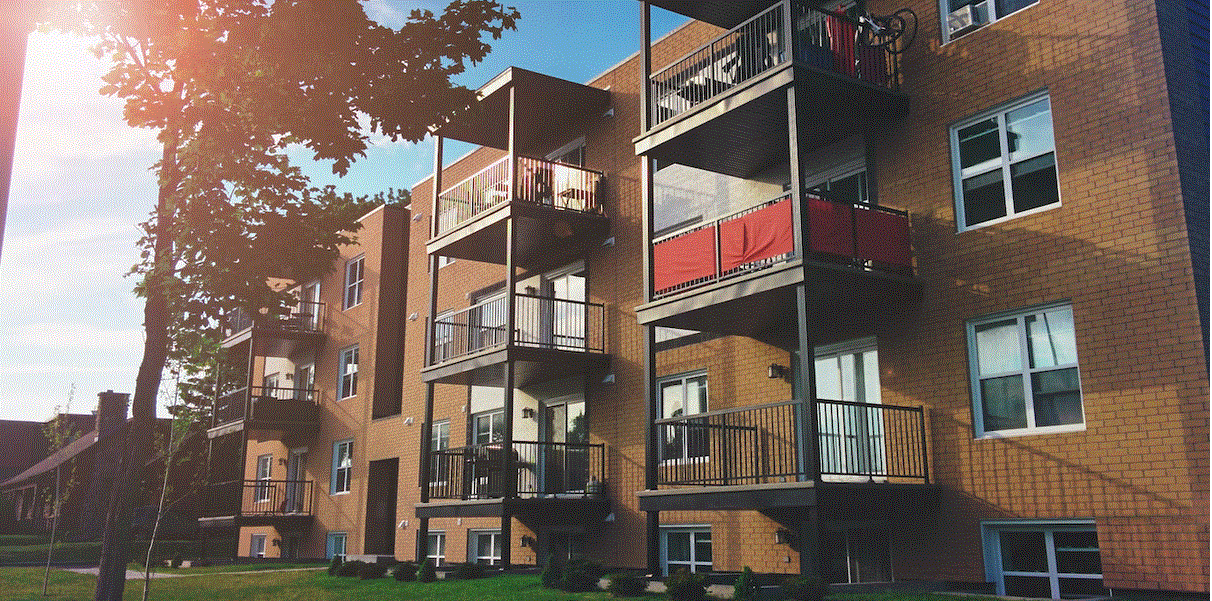TENNESSEE - If you're in the market for a home in Tennessee, it's important to keep your eyes peeled for the following trends and statistics. The price of real estate in Tennessee is set to increase, fueled by demand. This trend will continue until new listings come onto the market.
Rising Interest Rates Affect Buyer's Purchasing Power
The recent rise in interest rates has made home buying harder for buyers, particularly first-time homebuyers. Although higher interest rates have some redeeming effects on the Tennessee housing market, they also increase a buyer's mortgage payment. Mortgage lender Nick Galbraith said rising rates would affect the communities and people trying to buy a home.
Rising interest rates are also affecting the housing market in the state, which is already experiencing a slowdown. Home prices in Tennessee have been overpriced, damaging buyer activity. While the threat of higher interest rates may not encourage immediate home sales, it can encourage buyers to act quickly to lock in low mortgage rates before rates rise. This may further deplete the housing inventory and keep prices high.
While the current housing market is cooling off, the housing market may be re-heating in the coming years. As a result, some prospective home buyers may decide to wait until the market improves. This is a smart strategy, but it depends on your financial situation, life goals, and the market conditions in 2023.
Inventory Levels Are Low
With the rising population and low inventory, home prices in the Nashville metro area are increasing steadily. Prices are slightly higher than the state average but lower than the national average. In addition, a few new homes are on the market, and home values are expected to rise slowly over the next year.
In order for a market to remain balanced, it needs at least six months' worth of inventory. The Knoxville housing market lacks this inventory, and the low supply has fueled constant competition. Homeowners have responded by adjusting their prices. As a result, Knoxville's median home value rose 27.8% in a year, while the national median home value increased 19.9%.
Fannie Mae predicts that home prices will continue to rise slowly through 2023. Year-over-year inflation will reach 4.4% in the second quarter of 2023 and fall to 2.9% by the end of the year. That's half the pace of pre-pandemic levels.
Price Increases Linked To The Economy
Tennessee's state leaders have been navigating the economic waters for more than two years, and now that inflation has risen, they're facing new challenges. A new report outlines current economic conditions and suggests how they will change by 2023. Inflation is a major concern, and the state's reliance on the sales tax might not keep up with the rising costs.
While it's difficult to predict the future, Tennessee's recent job growth has been encouraging. The state's job market grew by almost 2% last year. Over the next decade, it's expected to grow by 41.6%, higher than the US average of 33.5%. The state's economy is the 11th best in the country by WalletHub.
Impact Of Presidential Elections On Market
The real estate market can be affected by presidential elections. Presidential elections bring uncertainty to the housing market and change the mindset of investors, home buyers, and sellers. This uncertainty can affect sales volumes and values. Typically, election years begin with more stability, but the jitters can continue into the second half of the election year.
In a typical election, candidates with opposing ideologies generally do well. For example, Donald Trump and Barack Obama did well in recent elections. In addition, two-term presidents are likely to succeed, and the next election in 2023 will follow the second term of Joe Biden. Whether or not he seeks reelection as the incumbent is unknown. Candidates will likely use fundraising and polling data to gauge their chances of winning the election.
The housing market is closely linked to the health of the economy. When consumers are confident, they are more likely to spend. On the other hand, if they are unsure of the election's results, they are more likely to cut back on their spending. This may cause the housing market to become more volatile in 2023.




